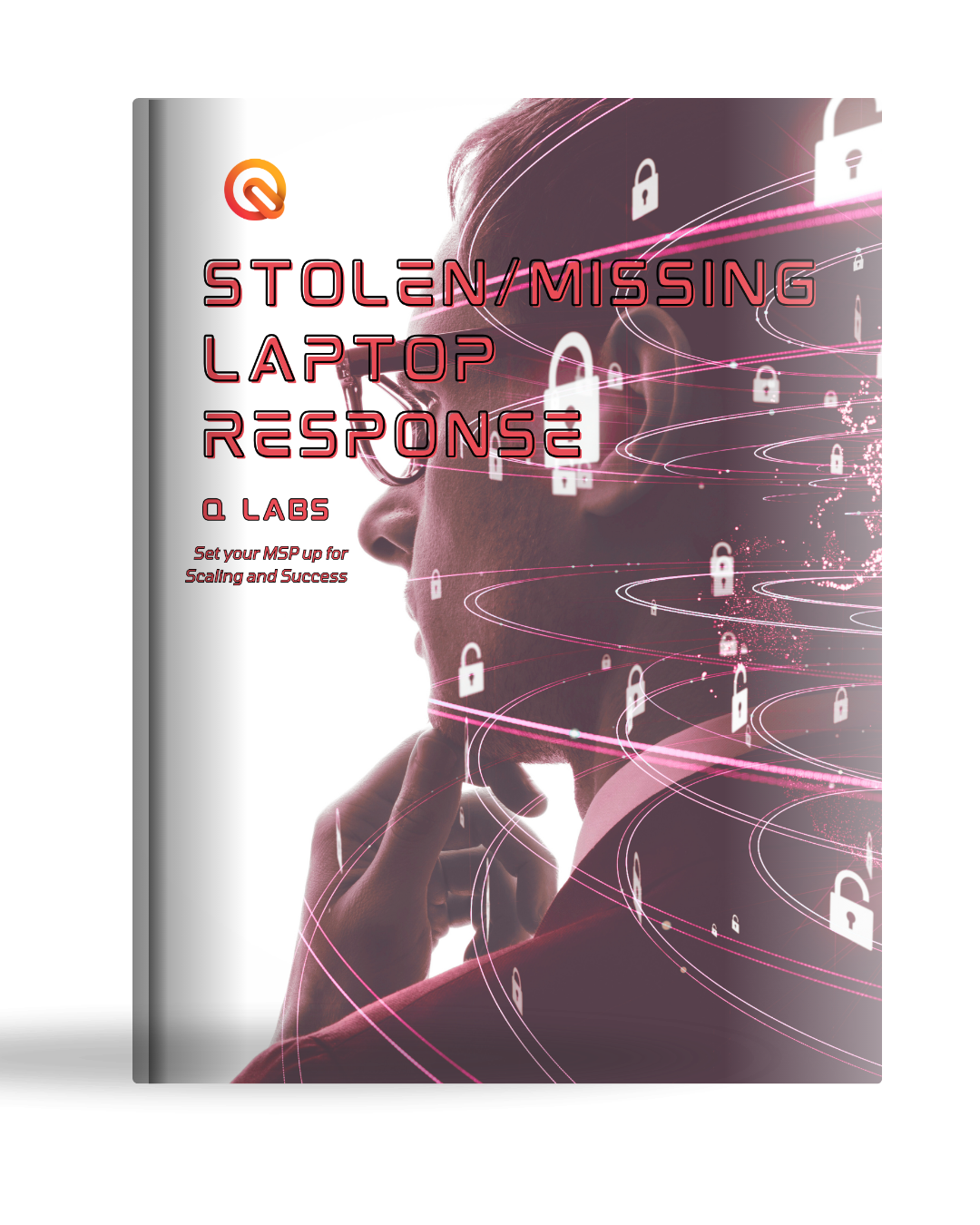

Conference floors tell interesting stories. After chatting with dozens of MSP owners this week, one pattern became glaringly obvious: the people learning about automation aren’t the ones who need it most desperately.
Most attendees here represent MSPs with 20+ employees. The largest I’ve encountered has 400 staff members. These operations have dedicated teams, healthy budgets, and the luxury of sending people to week-long conferences to learn about the latest automation trends.
They’re taking automation seriously – implementing sophisticated workflows, deploying RMM components at scale, and building internal automation teams. Good for them.
But here’s what’s bothering me: where are the smaller MSPs?
The 3-person MSP drowning in password reset tickets isn’t here. The 8-person shop manually deploying workstations every week isn’t represented. The 12-employee operation where the owner still personally handles every patch deployment is nowhere to be found.
These are the MSPs that automation could transform overnight. They’re the ones working weekends because manual processes consume every available hour. They’re the operations where a single automated workflow could recover 10+ hours per week.
Yet they can’t spare the time or budget to learn about solutions that could save them.
It’s a maddening catch-22:
Small MSPs desperately need automation to escape manual drudgery, but they can’t invest time learning automation while trapped in manual processes. They need to grow to afford automation education, but they can’t grow efficiently without automation.
Meanwhile, larger MSPs with resources to implement automation attend conferences to learn about… more automation they don’t desperately need.
The automation community has solved the technical problems. We’ve built powerful RMM platforms, sophisticated workflow tools, and comprehensive script libraries. The technology works brilliantly.
What we haven’t solved is the accessibility problem.
How do we deliver automation knowledge to the MSP owner who can’t attend conferences because leaving the office for a week would sink the business? How do we serve the technician who needs automation training but can’t spare 40 hours away from tickets?
Perhaps the automation industry needs to rethink how we reach smaller MSPs:
Micro-learning formats – 15-minute videos that can be consumed between tickets Ready-to-deploy solutions – Pre-built automation that works immediately without extensive customization Peer-to-peer sharing – Smaller MSPs helping other smaller MSPs Practical, immediate ROI – Focus on automations that save hours this week, not months from now
The 5-person MSP deserves the same efficiency gains as the 50-person operation. Actually, they need it more.
At Q Labs, we see this gap daily. The MSPs who contact us aren’t the large, well-funded operations with automation teams. They’re the smaller shops where the owner wears seventeen different hats and automation represents the difference between sustainable growth and perpetual burnout.
These MSPs need automation that’s:
They need solutions designed for their reality, not enterprise-scale implementations.
The automation revolution is leaving behind the MSPs who would benefit most from it. Until we solve the accessibility problem, we’re only serving the MSPs who are already winning.
The real automation challenge isn’t technical – it’s reaching the unreachable and serving the underserved.
Now, if you’ll excuse me, this conference breakfast spread really is fantastic. But I can’t help wondering how many small MSP owners are skipping breakfast entirely because they’re handling an urgent ticket.
Ready to bridge the automation gap for your MSP? Our Cleared Access program provides ready-to-deploy automation solutions designed specifically for smaller operations. No week-long training required.


Get exclusive insights on MSP operations, automation strategies, and business scaling tactics delivered straight to your inbox.
No fluff, just actionable SOPs, industry intelligence, and behind-the-scenes expertise from the elite operatives at Q Labs.
What you’ll receive:
📩 Sign up now and transform chaos into clockwork!
